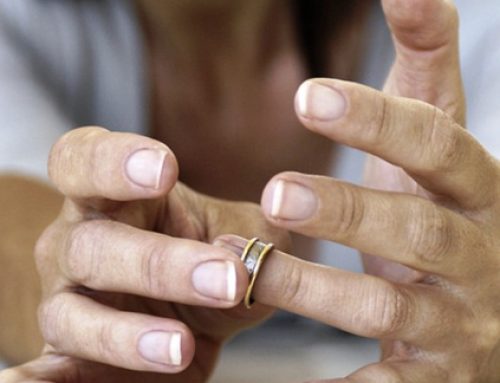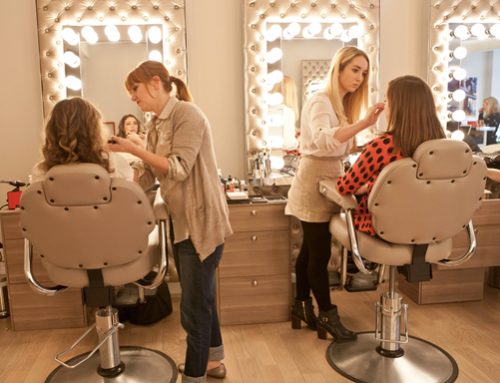By Katherine Lee, LCSW
As a therapist who has worked with sexual assault victims, I’d like to shed light on the recent controversy regarding women who are now coming out about allegedly being raped by Bill Cosby. This is an issue that has raised alarm for various reasons: How could such an icon, known for playing a fatherly role, have committed such atrocities? Why did it take so long for these women to speak up? And does the delay in disclosure (a matter of years for most of these victims), lend their stories less credibility?
— Why did his victims stay quiet for so long?
There are a number of reasons why one who has been the victim of sexual assault might not disclose it. Think for a moment about a child who is being molested. Children (both male and female) who are molested often don’t disclose until adulthood, if at all. Aside from being threatened by the perpetrator, they may also feel frightened that the disclosure will split apart their family, or that their secret won’t be believed or validated by a parent/caregiver. While those exact reasons may not match up with the women in question who claim to have been raped, the intent to hide the abuse is the same. Disclosure of abuse, particularly that of sexual abuse, risks feelings of shame and rejection. The possibility that a famous celebrity who seems to have a “squeaky clean image” would abuse women in such a way seems incomprehensible to many. If an individual is scared that she (he) may feel blamed, or exposed in a negative light for being abused—that fear must be all the more harrowing when it’s at the hands of a worldwide icon.
— Why do we blame the victims?
One of the most fascinating theories in social psychology is the “Just-World Hypothesis,” or the “Just-World Fallacy.” This theory is about the need to believe that one gets what one deserves. It’s a means of rationalizing away the anxiety that comes with the fact that inexplicably bad things can happen, at random, to any person. Bill Cosby has been known, for years, as an upstanding actor who plays the role of a wholesome father on television. This makes it even more difficult for us to understand his alleged actions. It just doesn’t seem right. It doesn’t fit with the construction we’ve made up in our minds about who he is. Our psychological mechanism is then to shift blame for this incomprehensible action, at the hands of someone we believe to be “good”, on to the victim. Just as a family member may shun a child for “seducing” the perpetrator or breaking up the family, we blame the victims in this case in order to protect our pre-conceived notions about who the abuser must be. In the case of Cosby’s alleged victims, we may ask ourselves about why the women waited so long to tell their story, or we may wonder if there’s some hidden agenda behind why they’re all coming out at once. Assigning blame to these women brings us away from the awful truth that what might have happened really happened, and without answer.
Victims themselves are also privy to the Just-World Hypothesis. If we believe that our perpetrator is caring, charming, or powerful, it’s easy to fall into the trap of believing that we are in the wrong–that the rape or the assault is our fault, somehow. I believe that the gradual way in which Cosby’s alleged victims have come out of the woodwork now may be a result of hearing the other women’s stories. These women feel more empowered to disclose, because the sense of personalization and wrongdoing in each respective assault is now decreased. While we’ll likely never know the truth behind the allegations, it’s important to understand, from a psychological perspective, why this controversy raises concerns, and may inform how we choose to look at the situation.





